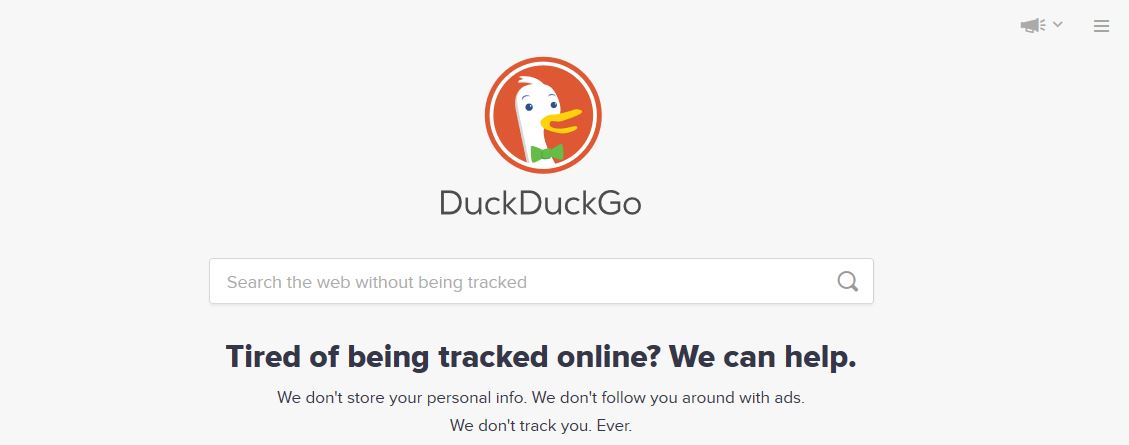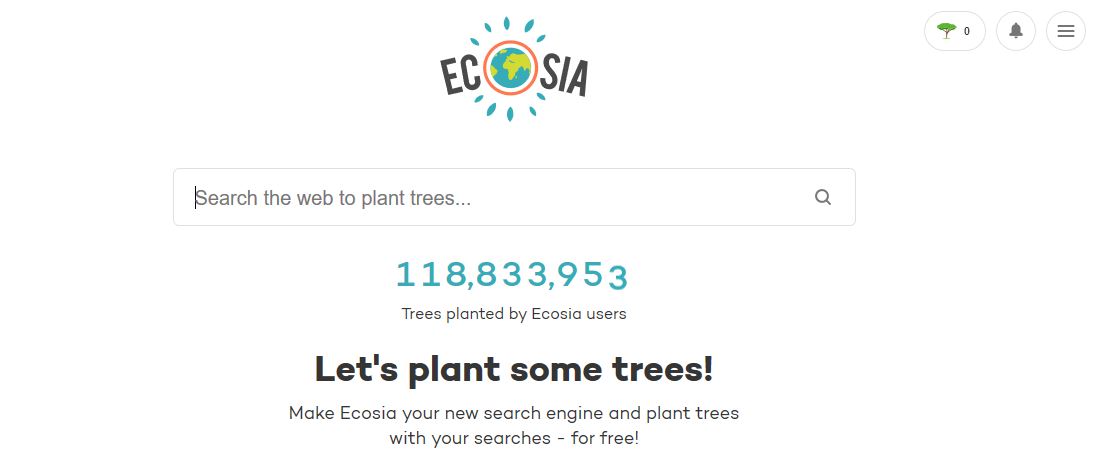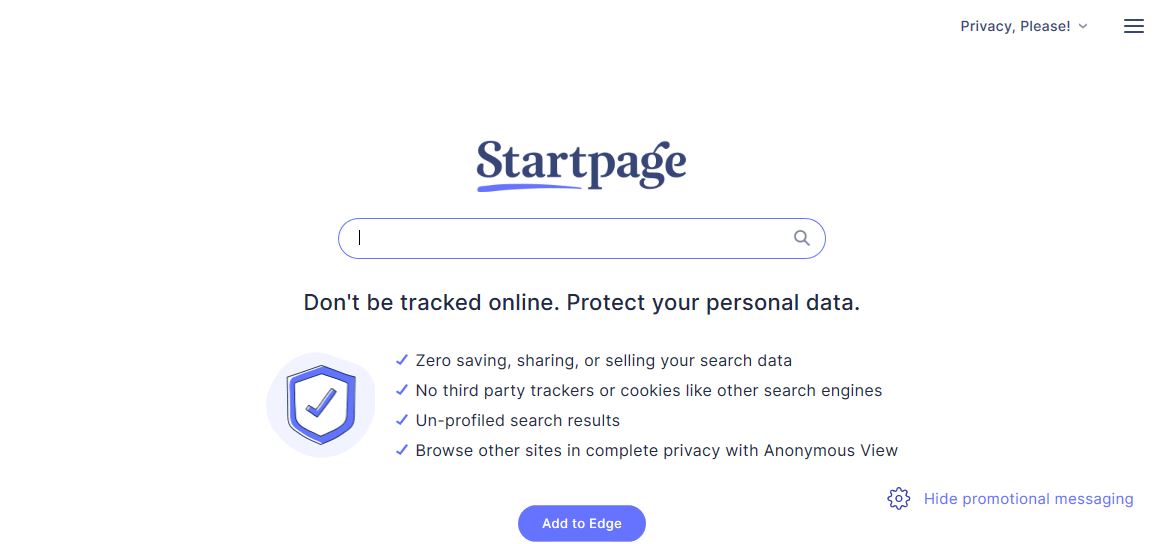While Google has long dominated web search, the company’s threat last week to cut Australians off from its search service has reminded us there are alternatives for those wanting to break from the Silicon Valley giant’s clutches.
Last week we asked Information Age readers which search engines they recommend and we’ve compiled a list including the most frequently used alternatives along with the feedback we received. This is far from an exclusive list
Making the switch is relatively trivial, as most web browsers will let you customise which search engine you want to power through the preferences button. However Google Chrome and Apple Safari come with Google as default, one of the reasons why the service makes up 93% of the Australian market.
The favourite of Australian politicians, Microsoft’s Bing comes as the default search engine for Edge, the browser included with Windows 10, which is the reason why it’s the nation’s second most used search engine with 18% of the market.
Like Google, it’s reliant on ad tracking so it is not be the best choice if privacy or user tracking are among the reasons for switching.
That said, the Bing search function is increasingly being integrated into the company’s other services such as Office 365 and Flight Simulator, so if you’re already locked into Microsoft’s ecosystem it may be an easy switch.
While long overtaken by Google, Yahoo is still the third most used search engine in Australia with 17% of the market.
Given Yahoo has been powered by Microsoft’s Bing since 2009, its widespread use is probably due to the number of consumers either using older systems or rusted into old habits. Interestingly, Yahoo does have a large footprint in Japan due to the popularity of its localised services. For Aussies though, there doesn’t seem to be a great reason to use it.
A long favourite with privacy conscious web surfers, DuckDuckGo makes up 9% of the Australian market. The US founded service is funded by advertising but doesn’t track users like Google, Bing or Yahoo.
The service began as a 2008 experiment for a better search engine and boasts that by not personalising results, searches on the platform are more accurate and less biased.
The selling point of German based not-for-profit Ecosia is it will plant a tree with every search. The site, founded in 2009 claims to have planted over 120 million trees around the world.
However, the service is powered by Microsoft Bing which does bring privacy issues, however the organisation claims to anonymise search history after seven days.
Billing itself as ‘the world’s most private search engine’, Startpage was another favourite of Information Age readers.
Founded in 1998, the Dutch website accesses Google Search results while protecting users' privacy by not storing personal information or search data and removing all trackers. Like DuckDuckGo, it makes its money through contextual advertising based upon the immediate search results and not through user profiles.
Other search services
Despite Google’s global dominance, there’s no shortage of other search services include China’s Baidu, which boasts 70% of the PRC market and heavy censorship, Russia’s Yandex and niche search engines such as Wolfram Alpha and Australian founded but now Malaysian based, Ekoru.
Should Google decide to abandon the Australian market, one thing is clear – local users will not be short of alternatives to explore.














